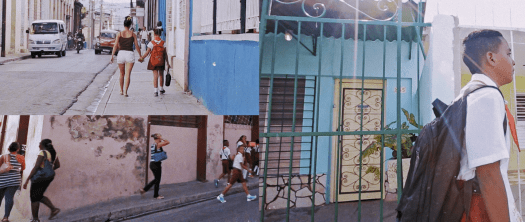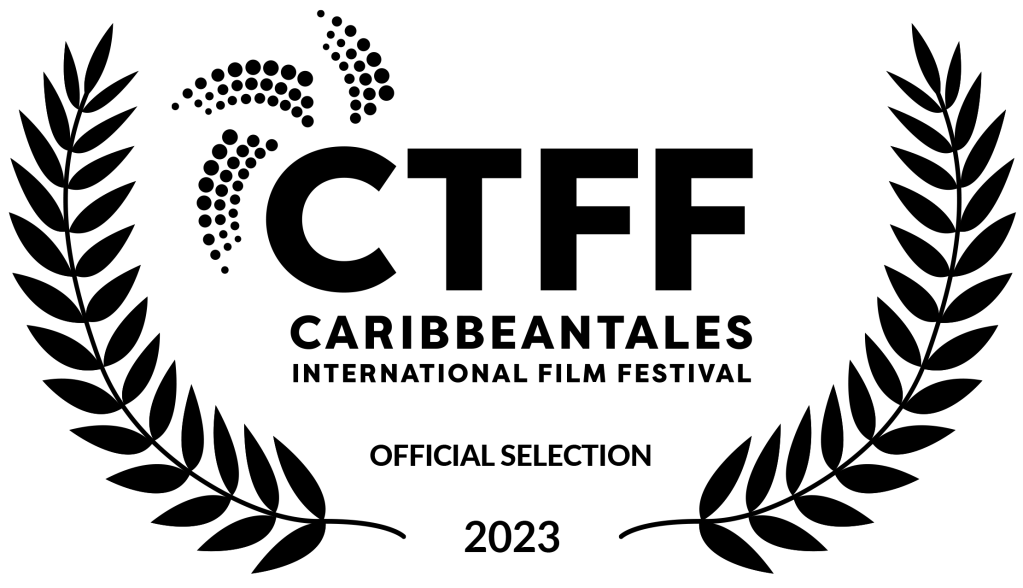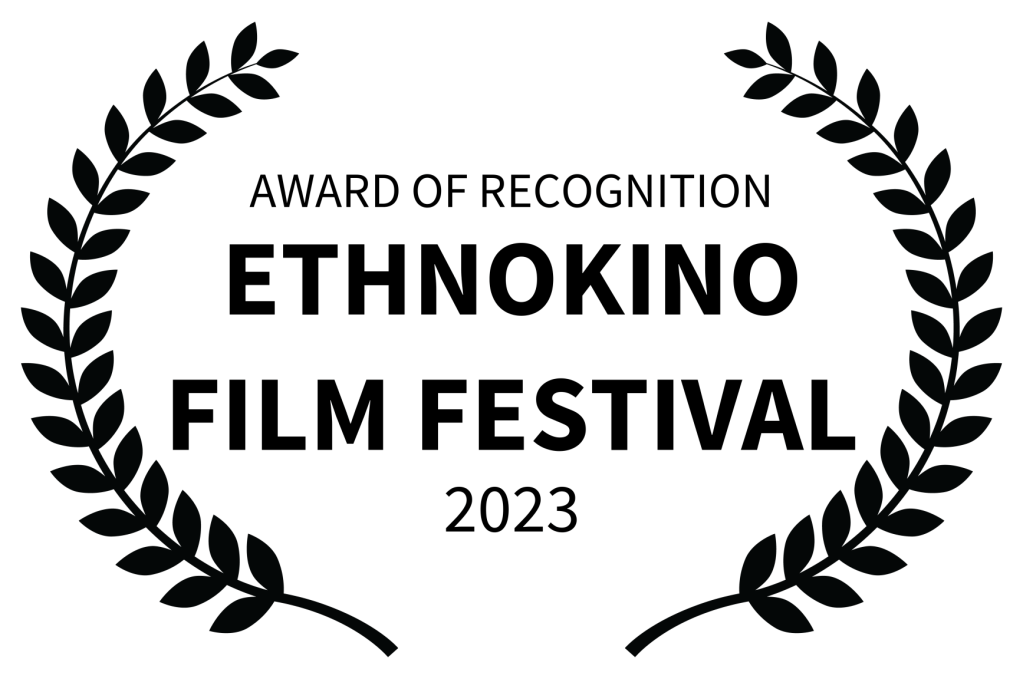
The docu-fiction La Tumba Mambi is the result of a long collaboration between Canadian anthropologist Alexandrine Boudreault-Fournier, Cuban DJ Jigüe, and the members of the Tumba Francesa La Caridad de Oriente, a traditional cultural group located in Santiago de Cuba. Shot entirely in Eastern Cuba and edited in Havana over a period of more than 6 years, this short-length film of 27 minutes speaks to how friendship can make things happen in spite of daily life challenges.
La Tumba Mambi tells the story of generations of knowledge keepers coming together to learn from each other (see synopsis for more details). There were more than 40 tumbas francesas, known as brotherhood societies, existing in the first half of the 1950s; only 3 of them still exist today. La Caridad de Oriente in Santiago de Cuba is one of them. Andrea, the president of the Tumba Francesa and her daughter Queli told us about their desire to share their music with the young Cuban population. The creation of original music based on the tumba francesa rhythms and combined with the electro-acoustic compositions by DJ Jigüe emerged from this idea.
Mambí
Mambises (plural of mambí) refers to Cuban soldiers who fought during the Ten Years’ War (1868-1878) and the War of Independence (1895) against Spain. Antonio Maceo Grajales, a Afro-descendant mambi, is considered one of the greatest fighters and is known today as one of the most respected Cuban heroes. It is reported that Antonio Maceo Grajales, and other African descendant heroes such as Quintín Banderas and Guillermón Moncada were members of the Tumba Francesa in Santiago de Cuba. This Society has served as a space for independence, empowerment and revendication for the Afro-Cuban people. We wanted to honour this history and the revolutionary essence of the tumba francesa societies as well as other brotherhood networks that existed at the time. This history remains too often silenced, but now is time to listen to the Rhythms of Freedom.







